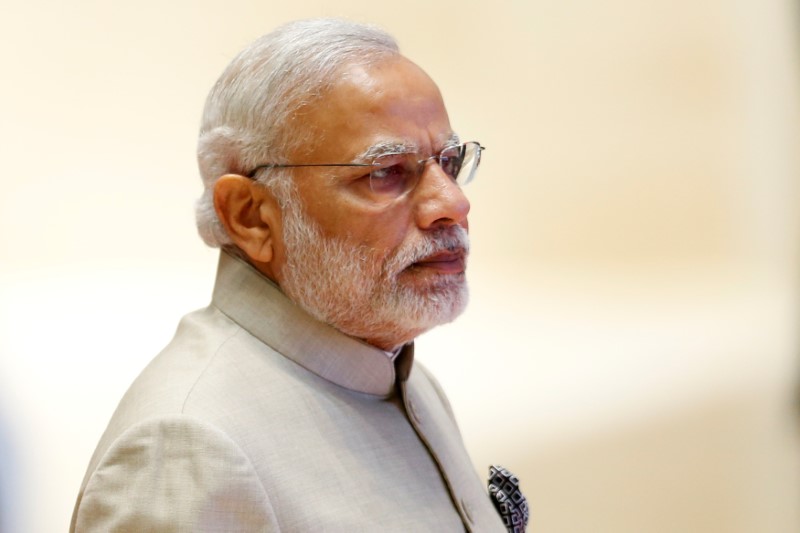Indian Prime Minister Narendra Modi will visit Japan for a summit with Prime Minister Shinzo Abe on Nov. 11 and 12, and it is expected they will finally seal the deal on an elusive civil nuclear cooperation accord. When Abe visited India last year there was widespread speculation that the agreement would be signed but, instead, both sides settled for agreeing in principle while allowing more time to iron out remaining differences — chiefly Japan's reluctance to enter into an agreement with a nation that has not signed the nuclear Non Proliferation Treaty (NPT).
The accord has been pending since 2008 but the 2011 Fukushima nuclear disaster put it on the backburner as nuclear energy safety concerns prevailed over realpolitik. Washington has been courting New Delhi as part of its containment policy toward China, striking a deal under George W. Bush in 2006 that would facilitate India's access to civilian nuclear energy technologies.
The nuclear reactor business in developed nations is grim due to economic unviability, so the prospects of receiving massive contracts in India over the coming decades is a potential lifeline for the nuclear divisions of Japanese companies such as Toshiba/Westinghouse and Mitsubishi/Areva. Moreover, Areva's new generation reactor being built in Finland is a debacle, plagued by endless delays and vast cost overruns that have reinforced negative perceptions, driving the company to the brink of bankruptcy.



















With your current subscription plan you can comment on stories. However, before writing your first comment, please create a display name in the Profile section of your subscriber account page.